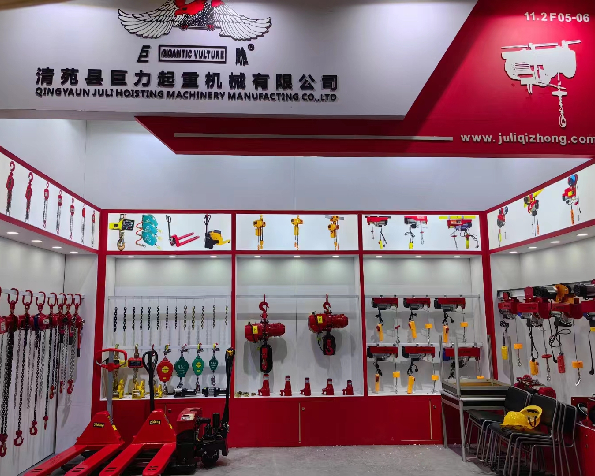


Understanding the Pricing of 2 Ton Chain Hoists
When it comes to lifting heavy loads, a 2 ton chain hoist is an essential tool in various industries, including construction, manufacturing, and warehousing. Pricing for these hoists can vary widely based on several factors, which we will explore in this article. Understanding these nuances not only helps businesses make informed purchasing decisions but also ensures they obtain the most suitable equipment for their specific needs.
What is a 2 Ton Chain Hoist?
A 2 ton chain hoist is a device used to lift and lower heavy loads, with a maximum capacity of 2,000 kilograms (approximately 4,400 pounds). These hoists utilize a chain-driven mechanism, which allows for greater lifting heights and precision in handling heavy loads. They can be operated manually or electrically, with both types being available in the market.
Factors Influencing Pricing
1. Type of Hoist - Manual vs. Electric Generally, manual chain hoists are more affordable than electric versions. A manual hoist relies on human power for operation, making it simpler and often more cost-effective. In contrast, electric chain hoists, equipped with motors, can handle heavy lifting with less physical effort but come at a higher price point.
2. Brand and Quality - Different brands have varying reputations, which can significantly affect pricing. Renowned manufacturers often justify higher prices due to superior build quality, reliability, and safety features. Investing in a reputable brand can lead to long-term savings by reducing the need for repairs and replacements.
3. Load Capacity and Features - While all 2 ton chain hoists are designed to lift up to 2,000 kilograms, features such as adjustable lifting speeds, safety mechanisms, and additional attachments can influence the price. Hoists with advanced features are typically more expensive but may offer enhanced functionality and safety.

4. Material and Design - The materials used in the construction of the hoist can also impact pricing. Hoists made from durable materials like high-grade steel are likely to be more costly but provide increased longevity and robustness. Furthermore, design aspects such as compactness and ergonomics can affect usability and functionality, thereby affecting the price.
5. Market Demand and Supply - Like any other product, the prices of 2 ton chain hoists can fluctuate based on market demand. During peak construction seasons or economic booms, prices may rise due to increased demand. Conversely, during slower economic times, prices may decrease.
6. Compliance and Safety Standards - Hoists that comply with stringent safety norms and regulations may come with a higher price tag. Purchasing equipment that meets industry standards is crucial for ensuring worker safety and avoiding legal complications.
Average Pricing
As of recent trends, the average price for a 2 ton manual chain hoist ranges from $100 to $300, while electric chain hoists can range from $300 to over $1,500, depending on the aforementioned factors. It's essential for buyers to compare various products and consider total cost ownership, which includes maintenance, safety certifications, and performance reliability.
Conclusion
In summary, the price of a 2 ton chain hoist is influenced by various factors including the type of hoist, brand, features, materials, market dynamics, and compliance with safety standards. Buyers are encouraged to assess their specific requirements and budget before making a purchase. Doing so will not only facilitate better decision-making but also lead to enhanced safety and efficiency in operations. Whether for industrial use or occasional lifting tasks, selecting the right hoist at the right price can significantly impact overall productivity and safety in the workplace.



